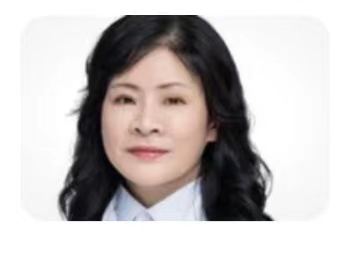Is it safe for a 45-year-old woman who hasn't reached menopause to take soy isoflavones?
Generally, soy isoflavones refer to flavonoid compounds, a class of secondary metabolites produced during soybean growth and are biologically active substances. Because they are extracted from plants and have a structure similar to estrogen, soy isoflavones are also known as phytoestrogens. Whether it is beneficial for a 45-year-old woman who has not yet reached menopause to take soy isoflavones depends on her individual health condition. If she is already in or approaching menopause with declining estrogen levels, moderate intake may generally be acceptable. However, individuals with breast diseases or other hormone-dependent conditions should avoid taking them. Detailed explanations are as follows:
Women around the age of 45 are typically in or approaching menopause, during which ovarian function gradually declines and the body's estrogen levels begin to drop. As phytoestrogens, soy isoflavones have a molecular structure similar to human estrogen and can partially compensate for the deficiency of estrogen, helping to alleviate discomfort symptoms caused by reduced estrogen levels.
If a 45-year-old woman has existing breast disease, uterine fibroids, or other hormone-dependent conditions, or has a family history of such diseases, she should not casually take soy isoflavone supplements. The estrogen-like effects of soy isoflavones might promote the growth or worsening of these conditions. Similarly, pregnant or breastfeeding women should avoid using soy isoflavones to prevent potential adverse effects on the fetus or infant.
It is recommended to consult a qualified physician or nutritionist before considering soy isoflavone supplementation, and to pay attention to taking appropriate doses, maintaining a balanced diet, and undergoing regular health check-ups.






